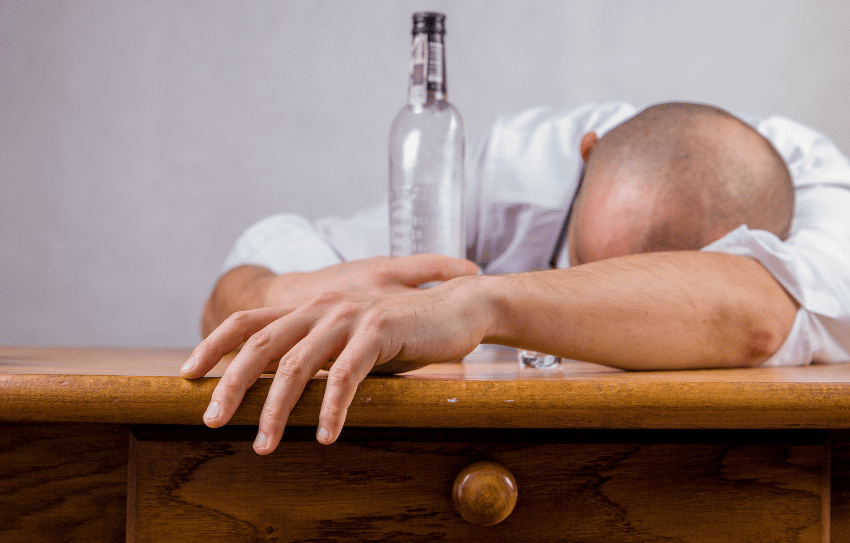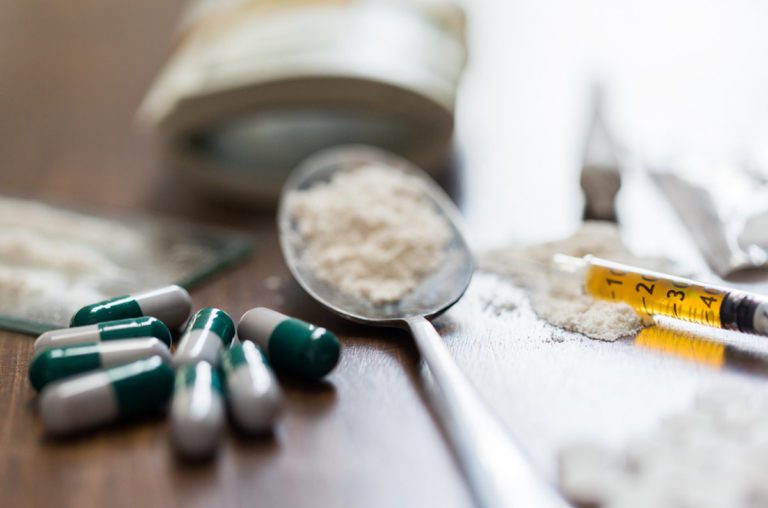Steps to Treat Alcohol Poisoning
There is a reason why people say alcohol is safe to drink in moderation. The keyword being moderation. If a person drinks too much alcohol in too short a period of time their body is unable to process it. At this point, a person’s blood-alcohol level has reached a point of toxicity. The result is alcohol poisoning. Alcohol poisoning can be life-threatening and handled incorrectly can result in serious medical complications.
If you or someone you care about is engaging in dangerous activities involving alcohol, or struggling with alcohol abuse or addiction, it may be time to seek professional help. Reach out to the experts at Oasis Recovery to speak with a specialist about alcohol rehab in North Carolina. Our clinical team and mental health counselors develop a personalized treatment plan for each client that is designed to meet individual needs. We look forward to providing you with the help that you deserve.
Steps for Treating Alcohol Poisoning
There is a difference between someone who has simply had too much to drink and someone who has alcohol poisoning. A person who has had just a few drinks too many should be monitored in case it seems increasingly likely that they do have alcohol poisoning.
If a person is believed to have alcohol poisoning they are in a life-threatening situation. Call for an ambulance immediately.
A person with alcohol poisoning is at risk for breathing issues and choking on their own tongue. Turn a person on their side if you believe they may be suffering from alcohol poisoning. If they are awake and conscious, attempt to keep them talking until emergency services arrive.
Do your best to explain your actions as you go. This will make the person feel more comfortable and keep them conscious and engaged. Offer small sips of water to offset the effects of dehydration.
A person who has alcohol poisoning can have acute onset hypothermia. If you have a blanket or jacket on hand, place it over them to keep them warm. Once emergency medical personnel arrive, allow them to take over the situation.
Myth Debunking
There are many myths about home remedies for alcohol poisoning that are ineffective in emergency situations.
Examples of myths include:
- You cannot sleep it off
- You cannot walk it off
- Movement can help alcohol move through the body but not fast enough if a person has alcohol poisoning
- Caffeine does not solve the problem
- A cold shower
- This can result in loss of consciousness
Factors that Increase the Risk of Alcohol Poisoning
As you might have expected, youth is a factor when it comes to alcohol poisoning. Peer pressure to binge drink large amounts of alcohol in a short amount of time can easily land someone in the hospital.
It’s important to keep in mind that the amount of food you’ve consumed that day does make a difference. Drinking on an empty stomach, a moderately empty stomach, a slightly full stomach, or a full stomach, can make a significant difference.
Previous drinking experience is a factor. Those who have developed a semi-regular or regular habit of having a certain number of drinks are more aware of how alcohol affects their body. Knowing what to expect typically makes a situation more safe.
How Much Is Too Much?
This can depend on your biological sex, weight, alcohol consumption habits, how much you have eaten that day, your level of hydration, and the amount of time you have been drinking, along with other factors.
You can offset the amount of alcohol you are taking in as well as the effects of alcohol by having a glass of water for each alcoholic beverage you drink. Having more than one drink per hour will make your average person more likely to become intoxicated.
Overall, the reality is that it does not take a whole lot of alcohol in your bloodstream to cause impairment.
Between 0.0 and 0.05%
At this point a person is mildly impaired. Symptoms may include:
- Difficulty speaking
- Slurring words
- Memory issues
- Clumsiness
- Fatigue
- Getting tired
Between 0.06 and 0.15%
At this range impairment increases. This is the range where a person’s driving ability begins to be notably impacted.
Between 0.16 and 0.30%
In this range, a person’s judgment and decision making skills are badly impaired. Side effects may include:
- Lack of judgment
- Poor decision-making
- Brownouts or blackouts
- Nausea or vomiting
Between 0.31 and 0.45%
This range is where alcohol intake becomes life-threatening. A person with blood alcohol levels in this range is at risk of death as the depressant effects of alcohol can suppress vital organ functions. A person may stop breathing or their pulse may slow too much. In this range a person is likely to have alcohol poisoning and requires urgent medical attention.
Common Signs and Symptoms of Alcohol Poisoning
There are many possible signs and symptoms that someone has had enough to drink that they have alcohol poisoning. These may include:
- Confusion
- Slow responses
- Severe lack of coordination including an inability to remain standing or walk
- Irregular pulse
- Irregular heartbeat
- Slowed breathing
- Intervals of 10 seconds of more between breaths
- Lack of bladder or bowel control
- Vomiting or choking
- Bluish-colored, cold, or clammy skin
- Bluish-coloring around the lips or fingernails
- A sense that they may be slipping in and out of consciousness
- Shivering due to acute onset hypothermia
- Seizures
Emergency Medical Treatment for Alcohol Poisoning
If someone has alcohol poisoning they should immediately be taken to the hospital.
Steps taken by medical personnel often include:
- IV fluids
- Oxygen
- Stomach pumping
- Blood filtration
Contact Oasis Recovery about Alcohol Abuse
If you or someone you care about is engaging in risky behavior surrounding alcohol, it’s important they understand the dangers associated with their actions. Alcohol Use Disorder (AUD) is a serious condition that can result from forming a dependency on alcohol. Often, individuals do not realize that they are slowly forming a habit that will be difficult to break down the road. Early intervention is always ideal. Reach out to Oasis Recovery in North Carolina to speak with a specialist about the risks associated with binge drinking and other dangers involving alcohol abuse.












